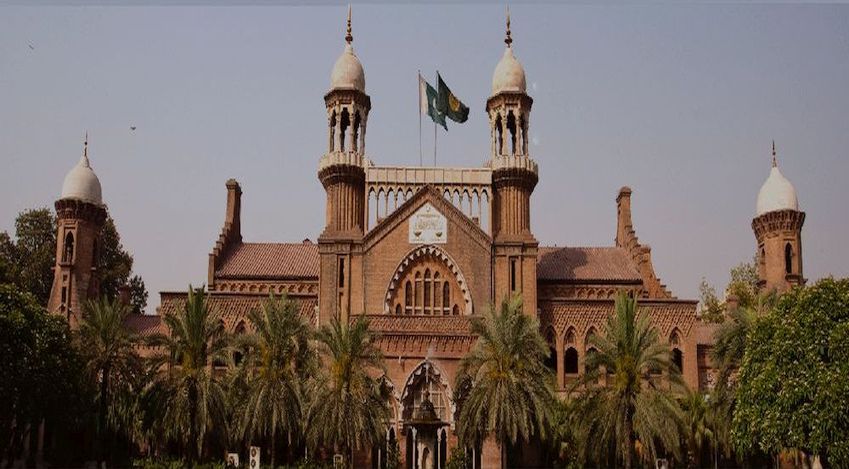Articles 141 and 142 of the Constitution grant Parliament the power to legislate on matters of Extra-Territorial Operation: Lahore High Court Upholds Constitutionality of Tax on Foreign Assets
Islamabad 02-08-2024: In a significant ruling, the Lahore High Court has upheld the constitutionality of Section 8(2)(b) of the Finance Act, 2022, which imposes a tax on the foreign assets of resident individuals. The judgment was delivered in the case of [ICA No. 13108 of 2023], where the appellant challenged the earlier decision of a single judge.
The appellant filed an intra-court appeal under Section 3 of the Law Reforms Ordinance, 1972, against the judgment dated December 22, 2022, by a learned Judge-in-Chamber. The appeals, which raised substantial questions about the powers of Appellate Courts and the constitutionality of tax provisions, were heard by a Division Bench. Due to differing conclusions on key issues, the case was referred for resolution.
The Court examined whether the Appellate Court could exercise powers under Order XLI, Rule 33 of the Code of Civil Procedure, 1908, without notice to the parties and without an opportunity for a hearing. It also questioned whether these powers could be exercised unilaterally by one member of a Division Bench.
The Court scrutinized whether the constitutionality of Section 8(2)(b) could be upheld by invoking Article 141 of the Constitution. It also considered whether the tax imposed under Section 8(2)(b) was on a resident individual or a foreign asset.
The Court affirmed that Order XLI, Rule 33 confers wide discretionary powers on Appellate Courts to pass any decree or order that ought to have been made by the Court of first instance, even if the appeal addresses only part of the decree and regardless of whether the respondents have filed any appeal or objection. Citing the Supreme Court's interpretation, the Court emphasized the rule's broad scope and its intent to allow complete justice in particular cases.
The Court held that if the grounds and arguments are well-documented, there is no requirement for a separate notice to parties before exercising powers under Rule 33. It clarified that the documented defense and arguments preclude the need for a unilateral exercise of power.
The Court upheld Section 8(2)(b) of the Finance Act, 2022, which imposes a tax on the foreign assets of resident individuals exceeding one hundred million rupees.
It emphasized that Articles 141 and 142 of the Constitution grant Parliament the power to legislate on matters of extra-territorial operation, which provincial legislatures cannot do due to territorial limitations.
The Court reiterated that the Constitution’s intent should be gathered from its body, not merely the legislative list. This principle was supported by several precedents, including "Province of Sindh through Chief Secretary and Others Vs. M.Q.M. through Deputy Convener and Others".
The Lahore High Court dismissed the appeal, affirming the constitutionality of the contested tax provisions and reinforcing the wide discretionary powers of Appellate Courts under Order XLI, Rule 33 CPC. This ruling sets a significant precedent for the interpretation of legislative powers and the application of tax laws on foreign assets held by resident individuals.
This ruling underscores the judiciary's role in interpreting the Constitution and affirming the legislative competence of Parliament in imposing taxes with extra-territorial implications.
Powered by Froala Editor








